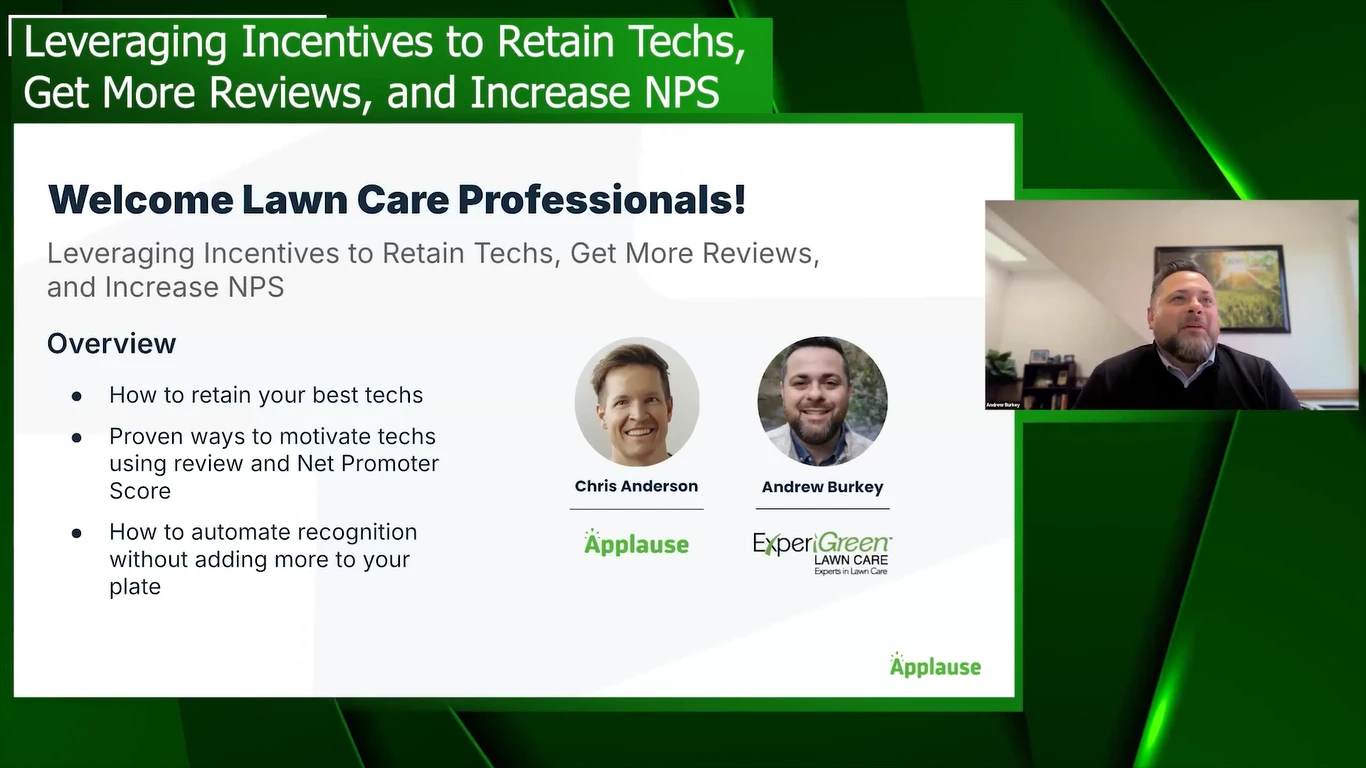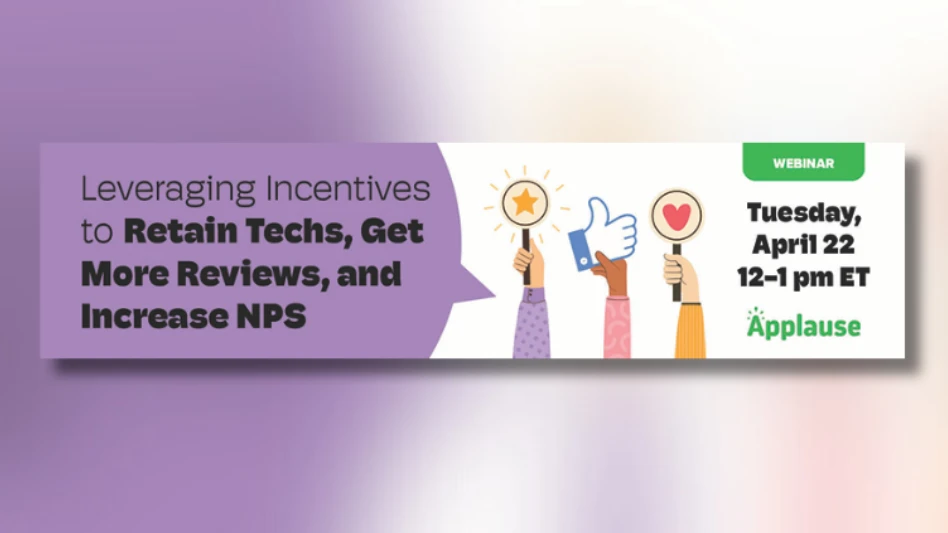Phil Gwoke’s daughter just wanted to know why he was mad at her.
She wanted to know why Gwoke, a speaker from generational consulting firm BridgeWorks, would act cool with her in person but seemed frustrated via text. Gwoke had no idea what she meant – he certainly wasn’t mad at her, and he couldn’t figure out why she believed he was upset. Even after scrolling through the messages, he didn’t see anything that indicated frustration.
Here’s what he was missing: He ended a goodnight message with a period. His simple, direct punctuation on “OK. Love you.” made sense to him, but he realized that his college-aged daughter had grown up using technology that allowed younger generations to convey emotion. She viewed the period as a firm way of ending the conversation. Punctuation was nearly as important as the words themselves.
Gwoke pointed out plenty of these generational differences in his CEO Forum presentation at LANDSCAPES 2019. Titled, “Breaking into the Millennial Mind,” Gwoke showed listeners how events during each generation’s formative years shaped their personalities now as working adults. Additionally, he made a few suggestions on how to appeal to millennials and Generation Z, who could be your employees or clients. But above all, he challenged attendees to remove their previous paradigms and biases as best they could.
“To break into anyone else’s mind, you need to be able to break out of your own mindset,” Gwoke said.
MOLDING A MILLENNIAL.
Gwoke pointed out other paradigms that differ between generations. For example, a millennial knows how to roll down a car window by pressing a button, not cranking a handle. The save button on most computer applications looks like a floppy disc because that’s what people used before, but now it’s a forgotten technology.
“If you handed an actual floppy disk to a 13-year-old person today, they would look in bewilderment wondering why you made a 3-D printing of the save button,” Gwoke said.
Despite this, Gwoke cautioned listeners on blaming technology as a scapegoat for frustrations with communicating with younger generations. He says it’s not really about technology – it’s about how fast that technology is changing.
“Every generation since the dawn of time has been influenced by new technology,” Gwoke said. “We can’t get too caught up in that. We need to ask ourselves, ‘How is this new technology shaping them?’”
Gwoke also said it’s still important to self-examine and understand previous generations because they’re the ones who raised millennials and Generation Z, and he used communication devices to epitomize how generations change. Traditionalists and baby boomers might have used rotary dial telephones while current generations use cell phones. Gwoke said while his generation learned how to be formal on the phone, millennials and Generation Z employees are more authentically themselves and use casual language because they’ve always been reached by cell phone directly.
There are also some key differences between millennials and Generation Z. Gwoke admitted it’s speculative because Generation Z is just getting into the workforce – the oldest of them are 23 years old. Still, he believes Generation Z is more visual because they all have had smart phones, not just cell phones. This meant they always had a variety of apps on their phones like YouTube, Instagram, etc.
A millennial might ask “why,” but Generation Z will ask “how?”
“YouTube teaches them exactly how to do life,” Gwoke said. “Information is everywhere, but application is very rare. They want people to show them how to do life.”
WHAT NEEDS TO CHANGE?
Gwoke presented a Deloitte study which showed millennials will look for a new job within two years or less if they feel like they can’t obtain a promotion. 71 percent of millennials also jump ship from a job because they feel their leadership skills aren’t being properly developed.
That falls in line with that generation’s experience-based mindset, which Gwoke said social media has shaped. They want to be included in many elements of the job and see the inner workings.
“(They’re saying) I just want to make sure I’m being challenged regularly in my career,” Gwoke said.
The best way to recruit younger generations is to get their friends on board. Because of social media, they’ve formed implicit trust with peers online and take their suggestions seriously. They’d rather hear about a company’s work culture from a person at that business, not from the public relations messaging the company puts out. Gwoke said you need to shape your company culture and a unique and compelling “why,” because some millennials would take a pay cut to work at a place that works for a good cause.
Meanwhile with Generation Z, bosses need to “involve the learner by requesting a response to the message,” Gwoke said. They’ve never had to memorize answers to questions because information is so quickly and widely available.

Explore the February 2020 Issue
Check out more from this issue and find your next story to read.
Latest from Lawn & Landscape
- PERC helps debut propane direct-injection fuel system at ACT Expo 2025
- Retargeting Ads – A Secret Weapon for Growing Your Lawn Care Business
- Leading a growing company
- Project EverGreen launches Clean Air Calculator
- Rain Bird acquires smart lawn care company OtO from Toronto
- PBI-Gordon names Marvin as VP of research and development
- Mean Green rolls out Vanquish Autonomous mower
- Focal Pointe launches new podcast series





